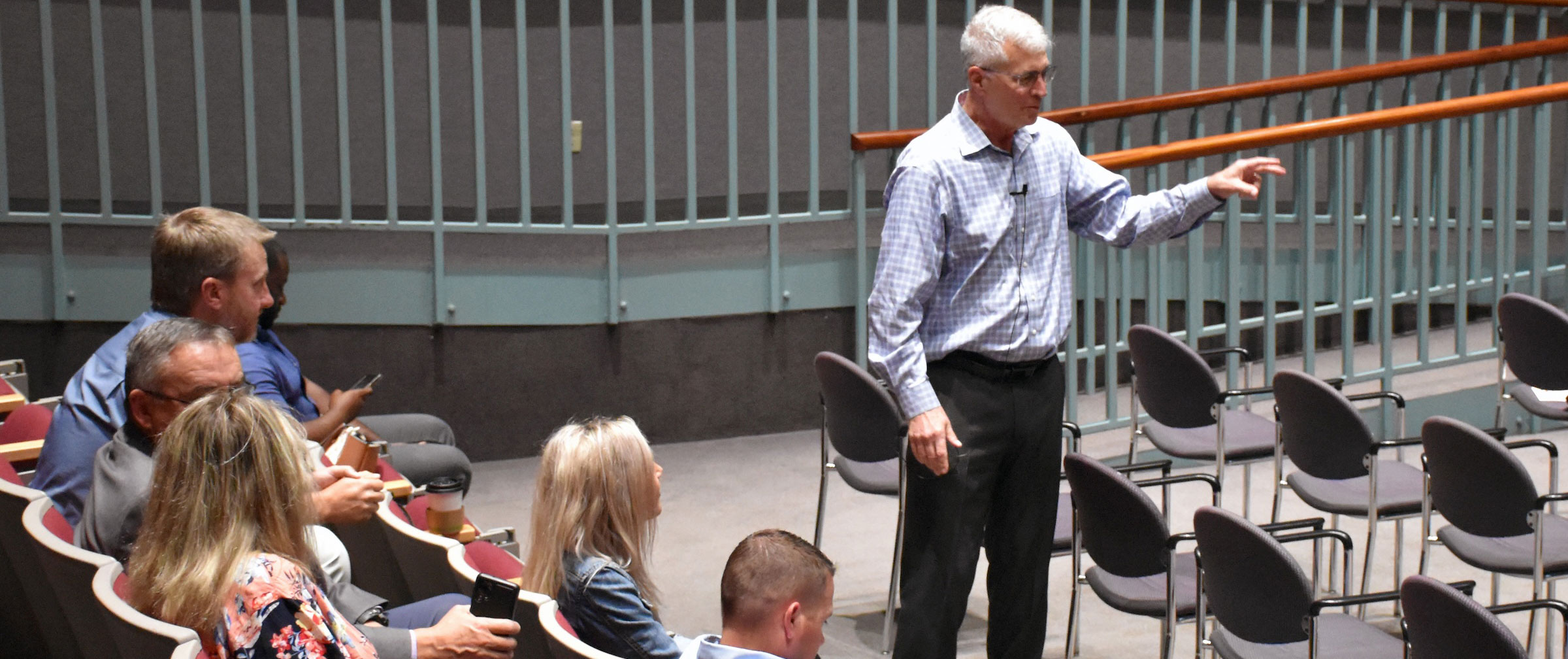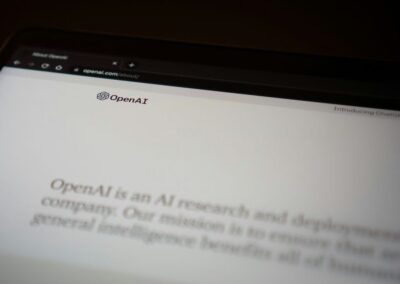Profiling has become a bad word lately, especially in politics and in the media.
But as a physician, I acknowledge that the process of profiling is an invaluable part of the practice of medicine that we have always applied on a regular basis.
By definition, profiling is a several step process: It begins with determining specific risk factors for an adverse condition. Using these criteria, one then identifies a subgroup within the population at large that has those risks and therefore who is at much higher probability of having the condition. Additional resources are applied to that high risk group in order to diagnose and treat the specific individuals that actually have that adverse condition. In medicine, this profiling process takes on two forms: screening and triaging. Both of these occur every day in the prudent practice of medicine. In actuality, both are examples of successful profiling.
Profiling should be a scientific process. First and foremost, it is based on evidence– identifying and validating specific risk factors for a given condition. It then becomes a statistical process based upon probability. Profiling in itself CANNOT make a diagnosis on a particular individual. Rather, it allows the casting of a wide net in order to find a smaller, more manageable segment of the total population, that is most likely to contain the patients who do have the adverse condition. That smaller group receives more intense inspection. As any other statistical analysis, profiling is similar to a batting average. It can only determine the overall probability of getting a hit; it does not establish with certainty the outcome of a particular at bat.
Profiling is a critical component in effectively managing a large population, most of whom do not have the adverse condition we are looking for. It is key to population health management. It is most successful when the prevalence of the condition we are looking for is low. By its very nature, profiling means delivering different treatments to different people. We cannot run every test on everyone. Not only would it be a waste of precious resources, but over-testing has detriments of its own such as unnecessary side effects and complications. Giving every patient the same treatment makes no sense from a practical and scientific standpoint.
So isn’t profiling a good thing?
I can give many examples in the everyday practice of medicine.
For example, I would order a mammogram on a 50 year old woman with a family history of breast cancer, but would not consider the procedure on a 20 year old asymptomatic woman. Is this profiling?
If a patient has multiple risk factors for cardiovascular disease such as smoking, hypertension and family history, I would be much more aggressive in managing that patient. Is that profiling?
I would work up a child who has had a single febrile seizure differently than an adult who suddenly has a seizure. And the list goes on.
Was I profiling in my daily practice of medicine? Of course I was. Every good doctor does.
Is profiling 100% successful? Of course not, but it does enables us to concentrate services on the patients most in need. Overall, the track record in medicine is extremely good.
Profiling is not just confined to medicine. In a larger sense, profiling is an everyday part of learning and developing judgment. That’s how we learn. We do it every day. Do you selectively wear a raincoat on a stormy day? If you see a red hot stove, how did you know not to touch it? Our brains are hardwired to apply a form of profiling on a regular basis to deal with day to day situations.
So why the fuss?
Somewhere along the line, someone attached a deadly virus into this successful and natural process….. turning a very useful and human concept into a potential doer of evil.
And that virus is hatred. If profiling is used to promulgate, enable, or justify hatred, it now goes from a valuable tool to a potentially horrific destroyer.
Social commentary is not part of my wheelhouse, but maybe a few thoughts are warranted….
Don’t throw out the baby with the bathwater. Profiling has proved to be very successful and cost effective. The problem is hatred. Not the profiling.
In social matters I believe we could apply what we have been taught in the practice of medicine….
Let’s resolve ourselves fight and defeat the ugly underlying disease, NOT the destroy the very process which best allows us find it.
Maybe medicine can teach society a few things.




